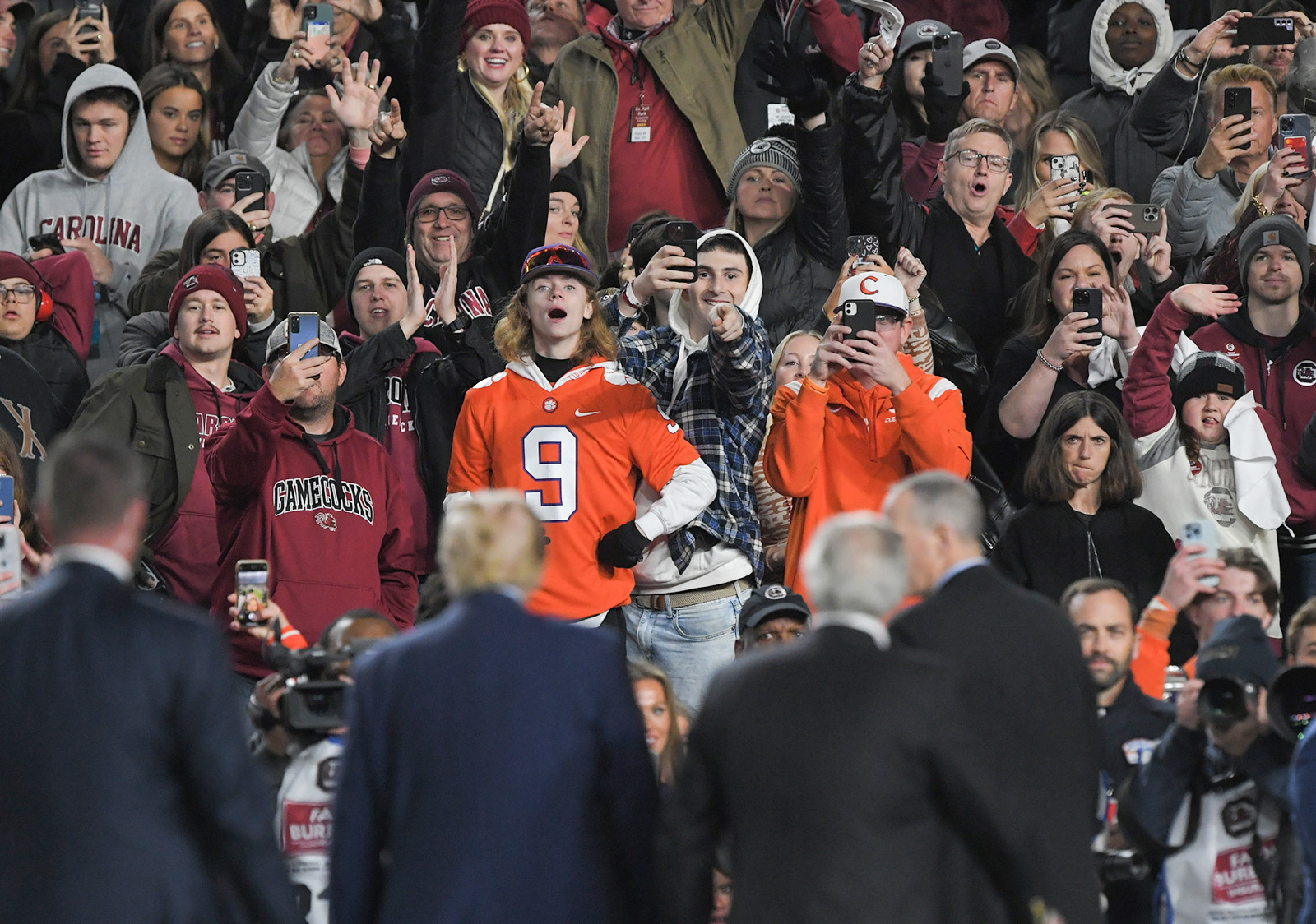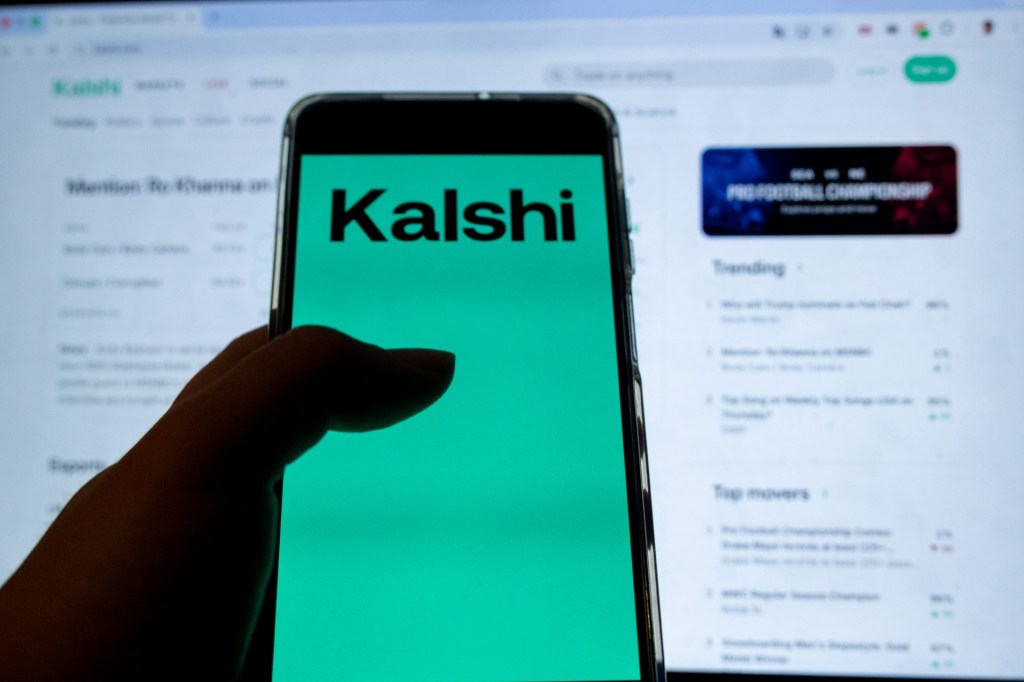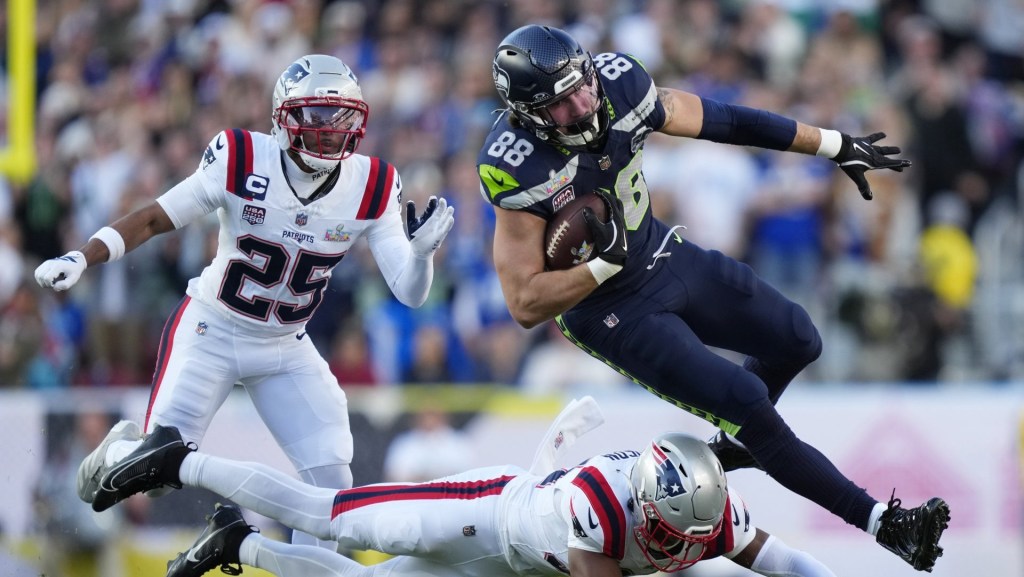Election watchers are always glued to polls, but now they’re also focused on prediction markets, where people can bet on the outcomes of anything from Federal Reserve meetings to Oscar nominations.
The overwhelming action is on politics—and no prediction market has gained more attention during the campaign than Polymarket, a crypto-powered platform that’s performing extraordinarily well in an election season that has seen major cash injections from the crypto industry. While political pundits were talking about Joe Biden’s chances for success, Polymarket was taking bets on whether and when he’d step aside, with many users correctly predicting the outcome.
Polymarket doesn’t permit U.S. users to bet on politics, yet there’s still incredible cash flowing into the platform from international users (although some in the U.S. find a workaround). According to the platform, action on the presidential race alone has registered $2.8 billion in volume as of Thursday (though a third of that figure may be from wash trading). It’s Polymarket’s biggest market by several billion dollars.
But after all the ballots are counted, Polymarket and other prediction markets will need to pivot to something else. And sports might just be their next big bet. Although the platform has been offering sports betting options for years, in October, it quietly added the tag “NEW” to the category. That label has since been removed, but it’s no secret that Polymarket, which is rumored to be looking for additional funding, wants and needs to be more than politics.

In a recent response on X/Twitter to a New York Times profile discussing potential market manipulation on the platform, Polymarket CEO Shayne Coplan seemed eager to shed the site’s reputation for political betting: “Polymarket is not about politics. The vision never was to be a political website, and it still isn’t.” (Polymarket did not respond to requests for an interview.)
Nick Tomaino, founder and general partner at 1confirmation, a firm that invests in Polymarket, sees the company leaning more in to sports, which isn’t limited to a four-year election cycle. “Sports will be more of a focus after the election,” he told FOS. “There’s already almost $95 million in USDC volume on the Super Bowl 2025 future market.”
Polymarket’s push into sports will introduce a different model than bettors are used to with the main sportsbooks that dominate the landscape.
With traditional sports betting, the bookmaker makes the odds after it compiles and analyzes as much team and player data as possible, then determines at what line it can attract a roughly equal amount of money on either side of the bet. Its goal is to ensure that, no matter the outcome, the house wins.
With prediction markets, however, there is no house and no one is setting the odds. Instead, prediction markets use event contracts, which ask whether an event will happen by a specific date: yes or no. Will Jake Paul beat Mike Tyson? Will Georgia win the college football championship? Will the Jazz ever win another game?
To wager on one of its markets, users buy shares of an outcome. When the Dodgers’ chances of winning the World Series were deemed to be 78%, as they were before Game 3, shares cost $0.78; Yankees shares cost $0.22. After the Dodgers won it all, their shares became worth $1, while Yankees shares went to $0.
These values aren’t determined by the website, but by how much users are willing to put on the line. Without a middleman, the person on the other side of any Polymarket bet is another bettor, not Polymarket itself. Buying “yes” drives up its price; going with “no” brings it down.
The theory is that markets will adjust quickly—faster than polls or bookies or mainstream media—to new information. If the odds move too far in one direction, bettors will bring it back to equilibrium by taking the other side. There’s plenty of appeal for sporting events as probabilities shift with each injury, foul, and, of course, score.
Tomaino says, “24/7 real-time trading for sports outcomes will be big. … Sports futures is a unique product. You can bet on the Chiefs to win the Super Bowl at any sportsbook, of course, but you can’t trade around the position.” That is, on Polymarket, you can sell your shares before the event finishes to either guarantee profits or cut your losses. If you had bought the Dodgers at closer to 50-50 before the Series, you could have sold some or all of your position to someone else when they went up 3–0.
At the moment, however, the marriage of sports betting and prediction markets isn’t yet blissful—other platforms that have tried it, such as sports-focused Frontrunner, haven’t succeeded. Polymarket could have an uphill climb. That’s especially the case when its prediction markets for individual games also have thin volume compared to specialized sportsbooks and betting sites. Thursday Night Football kicked off with a little more than $500,000 in volume—a pittance compared to the $2 billion–plus the American Gaming Association estimates legal sportsbooks see in action every week of the NFL season.
In the wake of the election, the biggest question for Polymarket is whether it can brand itself as a valuable destination for sports bettors. It has built it—so will bettors come?






![[Subscription Customers Only] Jun 15, 2025; Seattle, Washington, USA; Botafogo owner John Textor inside the stadium before the match during a group stage match of the 2025 FIFA Club World Cup at Lumen Field.](https://frontofficesports.com/wp-content/uploads/2026/02/USATSI_26465842_168416386_lowres-scaled.jpg?quality=100&w=1024)
![[Subscription Customers Only] Jul 13, 2025; East Rutherford, New Jersey, USA; Chelsea FC midfielder Cole Palmer (10) celebrates winning the final of the 2025 FIFA Club World Cup at MetLife Stadium](https://frontofficesports.com/wp-content/uploads/2026/02/USATSI_26636703-scaled-e1770932227605.jpg?quality=100&w=1024)






![ESPN Bet broadcasts inside the PGA Tour Studios building in Ponte Vedra Beach, Florida, on March 14, 2025. [Clayton Freeman/Florida Times-Union]](https://frontofficesports.com/wp-content/uploads/2026/02/USATSI_25668497_168416386_lowres-1-scaled.jpg?quality=100&w=1024)


